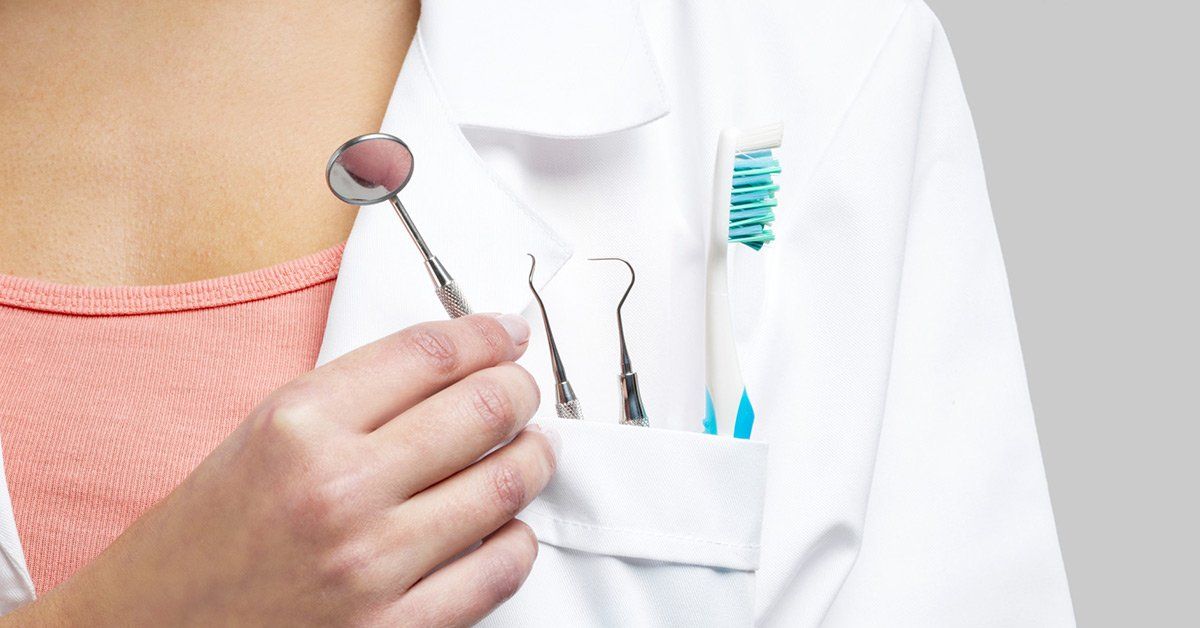Tooth Extraction: Find the Best Dentist in Owings Mills, MD
Do you need a tooth extraction and need a fantastic dentist in the Owings Mills area? Get more information here.
About 10 million wisdom teeth get removed each year. There are other reasons your Owings Mills, MD dentist might recommend a tooth extraction, though.
What are the common reasons to schedule an extraction? How can you prepare for your appointment? How can your dental office in Owings Mills, MD help?
Keep reading to find out! Answering your questions about extractions beforehand can help you prepare for your appointment.
You can ease any lingering dental anxiety before scheduling your consultation.
Keep reading to learn everything you need to know about tooth extractions today.
Why You Might Need an Extraction
First, it helps to understand why you might need to schedule a tooth extraction. Common reasons for extraction include:
- Excessive tooth decay
- Crowding
- Tooth infections
In some cases, a dentist might recommend you remove one or two teeth before getting braces. Removing a tooth might help your other teeth shift into the desired placement.
Some patients who need to undergo chemotherapy might need compromised teeth removed beforehand. Patients who have an organ transplant scheduled might need decayed teeth removed.
About 64% of teeth get extracted due to dental caries. Another 23% get removed due to periodontal disease.
Don't worry. When performed by a dentist, tooth extractions are usually quick. The outpatient procedure is often completed with local, general, or intravenous anesthesia.
Removing visible teeth is usually a simple process. Some patients have teeth below the surface, impacted, or broken, though. These procedures are often more involved and extensive.
Your Consultation
First, find an experienced dentist in the Owings Mills, MD area. Finding an experienced dentist will give you peace of mind. They'll handle your treatment with the utmost care.
During your consultation appointment, let your dentist know about any medications you're taking. Discuss any supplements and vitamins you take, too.
Let your dentist know if you're receiving treatment for another medical condition. Some treatments involve an intravenous drug called bisphosphonate.
It's important to schedule your tooth extraction procedure before treatments that involve bisphosphonate. Otherwise, you could risk osteonecrosis, or bone death of the jaw.
Let your dentist know if you have any other medical conditions, including:
- An artificial joint
- Damaged heart valves
- Thyroid disease
- Liver disease
- Diabetes
- A congenital heart defect
- Hypertension
- Renal disease
- History of bacterial endocarditis
- An impaired immune system
- Adrenal disease
Your Owings Mills, MD dentist will make sure your conditions are stable or treated first. If your surgery might run long, they might prescribe antibiotics beforehand. You might also need antibiotics if you have a weakened immune system or infection.
After you discuss your medical history, your dentist will begin by taking an X-ray of your teeth.
Preparation
Your Owings Mills, MD dentist will help you prepare for your tooth extraction. Otherwise, make sure to avoid smoking beforehand.
If you feel sick, let your dentist know. You might need to reschedule if you develop a cold.
You should also let your dentist know if you vomit or experience nausea the night before. They might recommend different anesthesia.
Make sure to wear loose-fitting clothing or short-sleeves if you'll receive intravenous anesthesia. Avoid eating or drinking for six to eat hours before the appointment.
Are you receiving general anesthesia during the extraction? Have someone drive you home after your appointment.
Potential Risks
As with any procedure, there are a few potential risks to consider beforehand. The benefits far outweigh the small risks, though.
A blood clot will form in the socket after your extraction. If the clot dislodges or never forms, the bone inside the socket will become exposed. When the clot doesn't form, you'll develop a dry socket.
If you develop a dry socket, your dentist will need to protect the area with a sedative dressing. A new clot should form in the next few days.
Other potential risks include:
- Cough
- Swelling and redness
- Bleeding that lasts over 12 hours
- Chills and fever (indicating infection)
- Vomiting
- Nausea
- Chest pain
- Shortness of breath
Let your dental office in Owings Mills, MD know if you experience these symptoms.
Recovery
It can take a few days before you recover from the procedure.
First, make sure to bite down into the gauze pad over the surgical site to reduce bleeding. This can help the clot form, too. Leave the gauze on for about four hours (or until the pad feels soaked).
Try to rest during the first 24 hours. Avoid jumping into your usual routine.
Make sure to take any medications prescribed by your dentist.
You should also:
- Avoid smoking
- Avoid using a straw during the first 24 hours
- Use pillows to prop your head up when you lie back
- Brush and floss while avoiding the extraction site
- Avoid rinsing for 24 hours after the extraction
- Apply an ice pack against your cheek after the procedure to reduce swelling
- Eat soft foods the day after the procedure
After 24 hours, use a mix of salt and warm water to rinse your mouth.
Tooth Extraction: Trust Your Owings Mills, MD Dentist Today
A tooth extraction procedure doesn't have to feel stressful. If you have any other questions, talk to your Owings Mills, MD dentist. They can help you prepare before your procedure.
Eager to get started? We can't wait to see you.
Contact us today to request your appointment.




